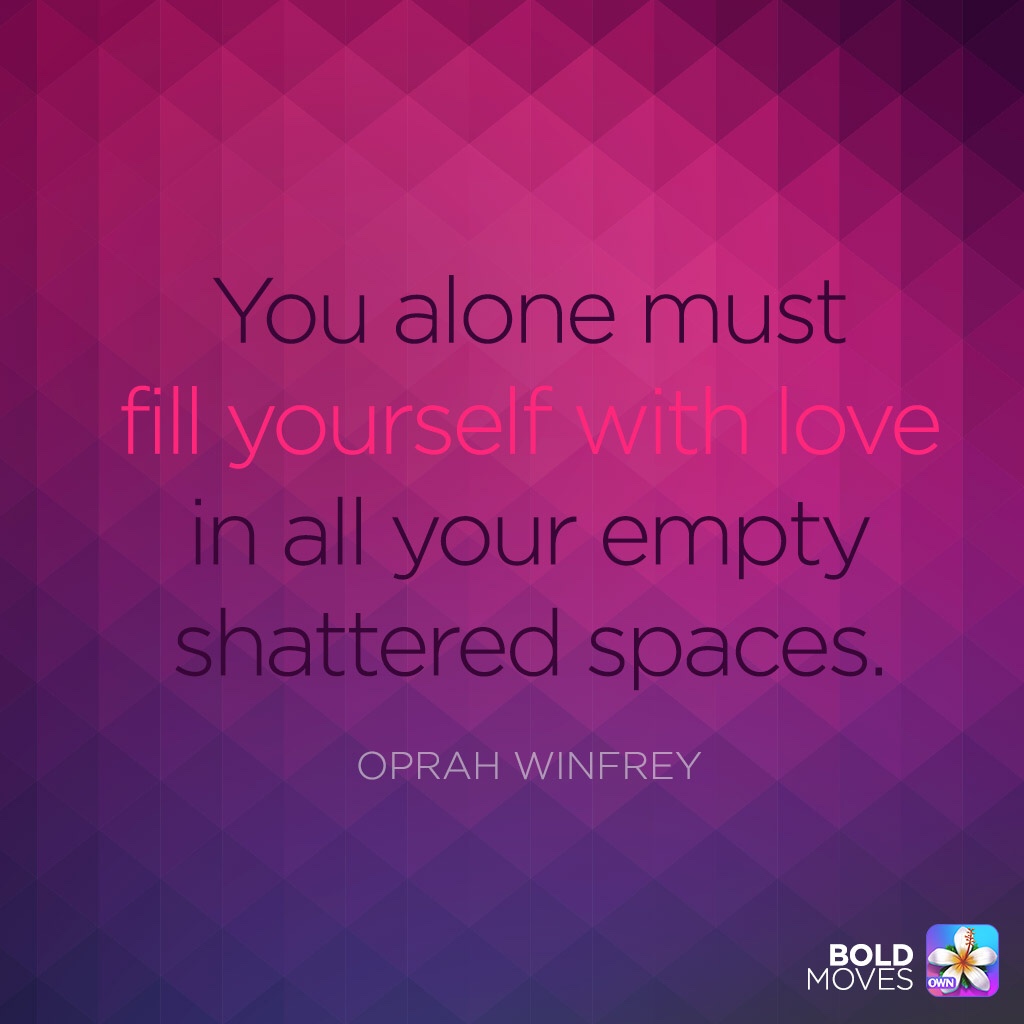Migraine management is more than medication and sleep. It takes a change in thinking and a whole-body approach to find what works best. At least for me it has. This mentality didn’t come to me on day 1, though. It took several “Aha!” moments to piece it all together.
When I began experiencing migraine the only thing I was interested in was a pill to take it all away. Everyone I knew who complained about a headache took a pill and was ok within a couple of hours, maybe less. In my late teens I had never heard of migraine and I just thought it was a really strong headache. Either it wasn’t explained to me correctly by the doctor or I just didn’t understand at that time in my life just how serious it was and how much worse it would become.
The real pain of migraine wasn’t taken very seriously by my family. I remember having migraine symptoms at an early age, but they were never perceived as something to go to the doctor for. During this time, no one I knew experienced a true migraine (or at the very least, voiced their symptoms) so they had no reason to expect I had nothing more than a nagging headache that just wouldn’t go away. By the time I was old enough to take myself to the doctor I was ignoring the pain for some time. Until I couldn’t.
When I first saw my general practitioner for migraine, I had been married for about 2 years. I remember my doctor telling me that my migraine would not go away unless I divorced my husband due to stress. She was dead serious. I looked at her like she was crazy! She had given me two medications and nothing helped. Instead of taking away the pain, I was gifted with debilitating side effects. No thank you! I would later learn my body is super sensitive to medications and side effects would make my journey much harder. I would also learn she did not fully understand migraine. Migraine is a neurological disease. Migraineur’s have a highly sensitive brain and several things can trigger a migraine, stress being one. But definitely not the sole cause.
Stress was…IS…a major trigger for me when my trigger threshold is compromised. My husband and I were new parents to two beautiful, hyper children. I worked full-time in a high-stress, well paid career. My husband was a stay-at-home dad and it wasn’t accepted in my very traditional Mexican-American family. “The man is supposed to work and provide for the family and the wife raises the kids.” My family’s opinions influenced my emotions and I would take on their feelings, even if I disagreed. This would cause many arguments between my husband and I. I would give him my blessing to stay home and later be irritated that he was home while I worked, based on a comment someone may have said that day about our chosen lifestyle. It wasn’t a healthy situation. I believe in an equal marriage and feminism, but I wasn’t living my beliefs. I was living all of theirs. I was confused and lost until I realized that everyone else’s opinion of how we choose to live our lives is no one’s business but ours. We can live a happier life if we ignored those opinions and do what works for us. We aren’t traditional. I just figured all of that out and I’m now 38 with 13 years of migraine disease under my belt. So, yes, high stress is a daily occurrence in my life. Was then, still is now, but I’m not as affected by stress as I was then. I’ll tell you why in a sec.
Think about it for a minute, everyone is against your marriage, even the doctor. How is that not added stress? In my family’s defense, my relationship with my husband has always been difficult. We met when I was 13 and married at 21. Break-ups galore! Learning who I was separate from my husband never really happened until more recently. Migraine became a stressor between us. We separated about 4 times over the course of our marriage. We were different people then. Now we are stronger, but why?
I understand my family’s feelings towards our marriage. I do not resent them for their concern. Neither does my husband. Cognitive Behavioral Therapy (CBT) has been the best for us. We go separately, as does our daughter (she also has migraine and anxiety). Individually, our marriage and our daughter has benefited greatly due to CBT. We are better people for it. I highly suggest it to anyone with a chronic health condition.
Before we were married he lived in an anxious state, but I didn’t take it very seriously. I didn’t understand anxiety and I was self-absorbed with my health problems and didn’t understand his. I didn’t take the time to learn about anxiety, not really. I did read about it and learn a few things, but I didn’t make it my business to understand. I was self-absorbed in my pain (honestly, anyone with chronic migraine would be). Though that sounds selfish, I was scared of migraine because of how painful and disabling it was then.
When I THOUGHT I knew what pain felt like. I have since learned his struggles and now we are both there for each other, we are a team. He was diagnosed with Generalized Anxiety Disorder after being Honorably Discharged from the Air Force. That was a light bulb moment for us. When we’re both struggling it’s a hard, stressful day. Through CBT, I have learned to talk myself into not allowing certain stressors to trigger a migraine. It’s very eye-opening and relieving to know I can do that. It’s not 100% effective, but for myself, I consider the stress-related migraine triggers around 30% manageable after about 8 sessions. I know as time goes on that number will continue to rise.
I hope that when the doctor tells you to seek counseling or therapy, you think twice before you get angry. Or get angry and then tell yourself, if you’re feeling angry then just maybe it’s what you need. I feel like I wasted YEARS of help by getting angry when a doctor would tell me I needed it. After many years with migraine disease, I know now that counseling is so beneficial to help me LIVE with migraine. How to navigate my life with chronic pain. Migraine itself is stressful, Chronic Migraine is disabling.
Talking about it and venting is so powerful, so healing. It’s really hard to talk about this life with family and friends who don’t understand. It’s tough talking about it with my husband and my kids. This disease isn’t just about me, it’s about my family too. Which is why I believe CBT for them has been crucial to our family’s change. Why we’re still married and no longer looking at divorce as an option for a healthier life. We aren’t perfect, we still argue and we still go back to our old ways sometimes. But now we’re aware, we realize our faults and we talk it out afterwards. We’re learning, but we’re learning together. I could go on and on about this, so if you have questions, please ask!
Again, Migraine Disease isn’t just about stress. Obviously I cannot seek therapy for bad weather or hormonal changes, both migraine triggers for me. Therapy won’t steady my blood sugar levels, with high insulin levels being a trigger. A sudden increase in heart rate can’t be treated with therapy either (think exercise or quick movements, like trying on several pieces of clothing). These areas outside of stress take a lifestyle change and a change in physical habits as well as medications. I will discuss more about these in Part 2, coming soon!
I know I talk about CBT often in my posts, but that’s because it’s amazing for changing your thinking towards a negative environment or situation you cannot control. Chronic Migraine is that for me. I have another post about CBT where I listed books and articles on the benefits of CBT.
Keep an eye out for Part 2!






Leave a Reply